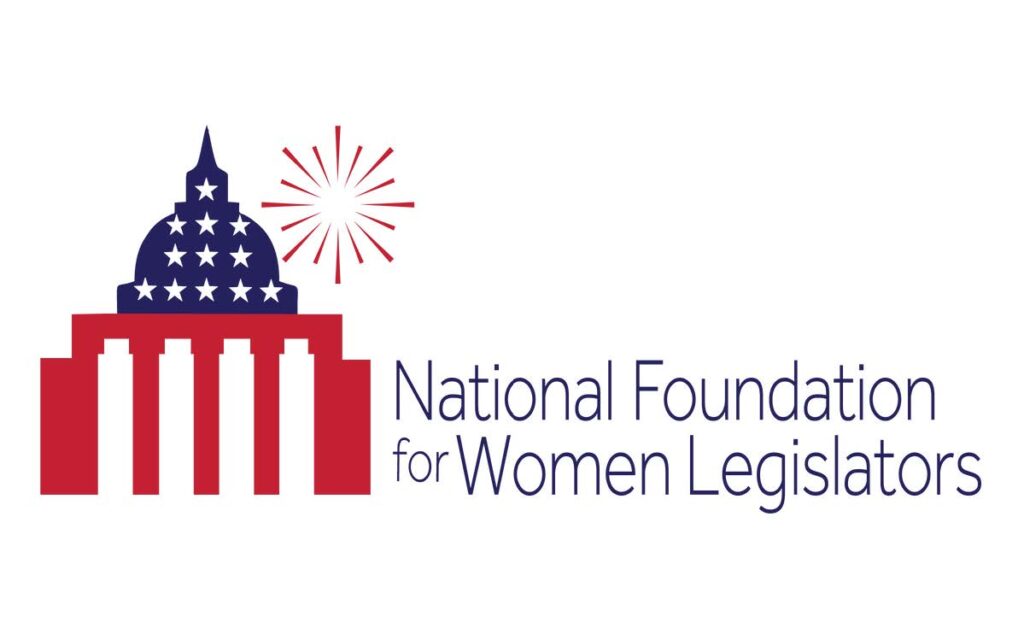By Alpa Khushalani, Parent Advocate
When my son Krishna was born, he had clubfoot and, soon after, he was diagnosed with a heart defect. Doctors quickly recognized and addressed these medical issues. But Krishna’s most serious and life-limiting health challenge went undiagnosed for years, despite it being detectable from his first breath.
The warning signs were there: Krishna experienced delays – he couldn’t hold his head up until six months and struggled with motor skills like running and climbing stairs. Still, doctors attributed these setbacks to his other conditions, never considering a muscular disorder. It wasn’t until Krishna was almost 7 years old that a neurologist finally observed a classic sign of Duchenne Muscular Dystrophy and ordered genetic testing.
Duchenne is a rare, progressive disease caused by the absence of dystrophin, a protein essential for muscle function and preservation. As the disease progresses, children with Duchenne lose the ability to walk, eat independently, and breathe unassisted.
Receiving Krishna’s Duchenne diagnosis was heartbreaking, but it allowed our family to take action. Proper care and participation in clinical trials have helped delay his disease’s progression. At 17, Krishna despite facing several challenges, can still walk small distances, runs Rubik’s cube club at school and plays power soccer with Atlanta Sting Academy team.
I often wonder how different his life might have been if we had known earlier. Early medical intervention and therapies can slow disease progression and improve quality of life. But what I do know is that state legislatures can and must work to ensure families today and, in the future, don’t have to grapple with this same question.
In 2019, the FDA approved a newborn screening test for Duchenne that can seamlessly integrate into each state’s existing newborn screening program. The average age of Duchenne diagnosis has remained 5 years old for decades. Why do families still have to suffer through a diagnostic odyssey when research, technologies, and interventions have advanced to change the trajectory of this disease?
Adding Duchenne to every state’s newborn screening panel will allow families to bypass years of uncertainty, misdiagnoses, and anguish. Early detection means early intervention — which can make a world of difference in preserving muscle function and giving children a better chance at a longer, healthier life.
Time is muscle, and we cannot afford to lose either. Please support adding Duchenne to your state’s newborn screening panel to give families the knowledge and tools they need to fight this disease from the start.


